Worship between Islam and Hinduism
Hinduism has some sorts of worship similar to the worships in Islam, however, in Hinduism those worships have been twisted and changed and were mixed with polytheistic rituals and additions.
Hinduism has some sorts of worship similar to the worships in Islam, however, in Hinduism those worships have been twisted and changed and were mixed with polytheistic rituals and additions.
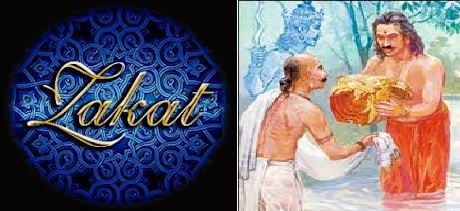
In Hinduism, it is generally recognized that most daan is directed towards Brahmins. This is broadly in line with the pauranik directives.

The term ‘worship’ covers any action that one does in accordance with the will of Allah. It can be mental, physical, spoken or otherwise. All such actions will be rewarded.
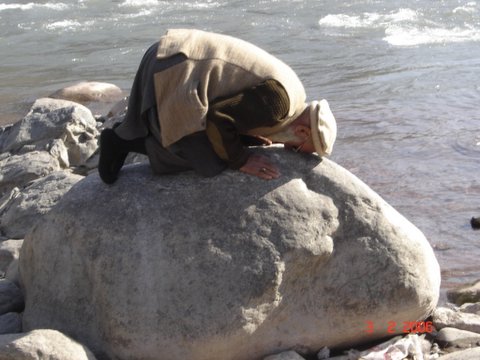
These prayers are spaced fairly evenly throughout the day, so that one is constantly reminded of Allah and given opportunities to seek His guidance and forgiveness.
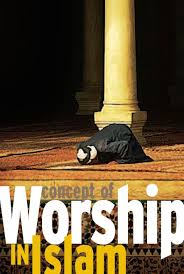
Islam teaches to worship One and Only God. Unlike all other religions, which tend to revere their founders excessively often to the point of worshiping them.

During Hajj, the pilgrims relive the life of Prophet Ibrahim and his son Prophet Ismail (peace be upon them). Allah was pleased with their sacrifice and so He has destined all Pilgrims to revive certain moments of their life.
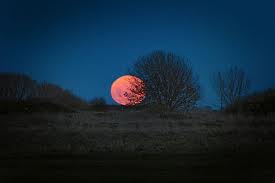
The Islamic way of life is a practical one, it is not beyond the human strength, but according to people’s ability, the provisions of Islam have been applied almost a thousand years in all parts of the Muslim world.
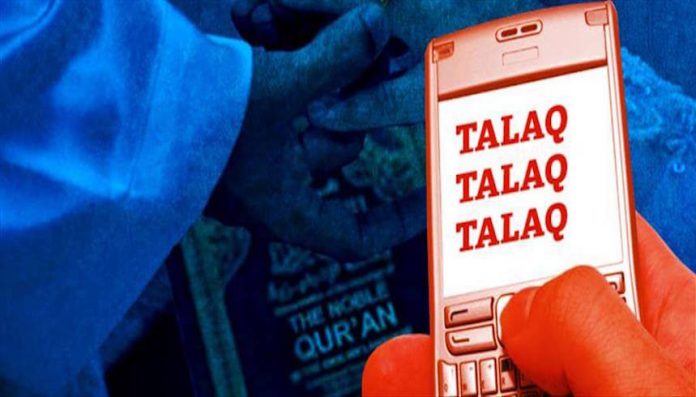
In fact, the ancient Hindu literature does not have the concept of divorce as well as the Sanskrit and Hindi language is void of the word of Talaq or divorce.

A Muslim can shorten and join two prayers in some cases, such as when he is sick or traveling, which makes praying easy for him.
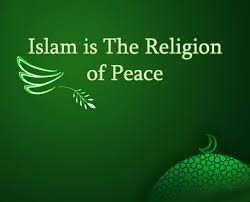
Islam commands all kinds of good and forbids all kinds of evil. It encourages good manners and proper treatment of others. It enjoins good characteristics such as truthfulness, patience, deliberation, kindness, humbleness and modesty.